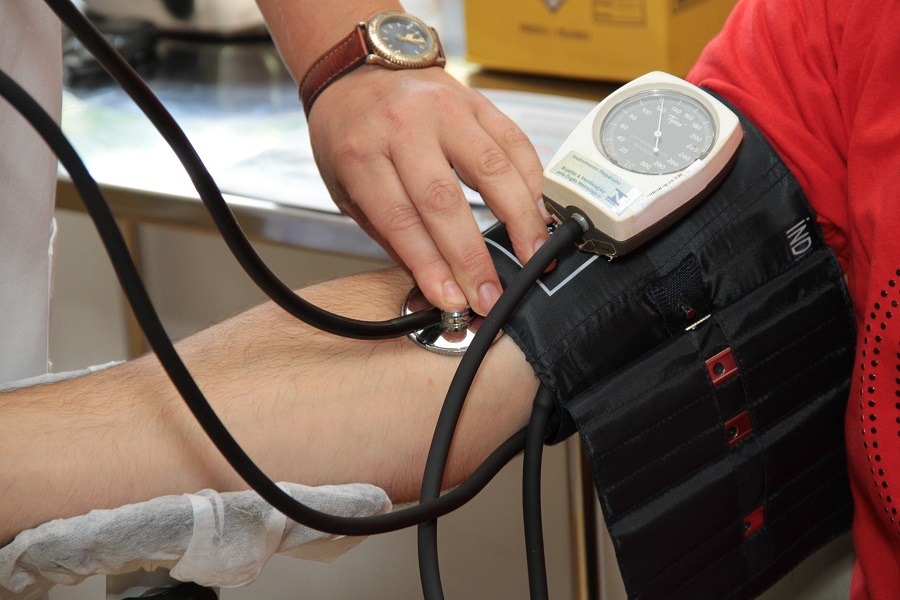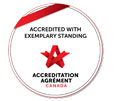How to Reduce High Blood Pressure


Did you know that high blood pressure is also known as the silent killer? That’s because high blood pressure has few to no symptoms, but can lead to heart disease and stroke. Luckily, there are some simple lifestyle changes that can help get your blood pressure back to a safe level. Here are seven changes to implement today for a healthier tomorrow.
Increase Activity
The more you exercise and the stronger your heart becomes, the less pressure will be placed on your arteries. Doctors recommend at least 30 minutes a day of moderate exercise including bike riding, gardening, swimming or playing sports. If you can’t manage a full 30 minutes, try exercising in three 10-minute intervals throughout the day. Just make sure that the activity is strenuous enough to get your heart rate up.
Lose Weight
Losing even a few pounds can significantly reduce your diastolic and systolic blood pressure measurements. Find healthy strategies to lose the weight and avoid crash or fad diets that will only cause more health problems.
Make Diet Changes
Stop making toxic food choices and replace them with healthy, whole foods. Avoid sugar, refined carbohydrates, salt and processed foods that can cause your blood pressure to spike. Instead, eat a balanced diet of fruits and vegetables, low-fat dairy, whole grains, nuts, and lean meats.
Quit Smoking and Limit Alcohol and Caffeine
Among many dangerous effects, smoking damages your blood vessel walls and arteries escalating your blood pressure. Caffeine and alcohol can also raise your blood pressure and cause long-term effects, so speak to your doctor about finding an amount that’s safe for you.
Reduce Stress
We live in a high-stress world, and how we manage that stress can greatly impact our overall health and well-being. Stress is a significant cause of high blood pressure, so it’s criticial to find ways to reduce your stress levels. Try yoga, meditation, listening to music, reading, or whatever calms you to help your body and mind relax and rejuvenate.
Include Supplements
There are a number of supplements that have been proven to lower blood pressure. Two of the most effective supplements are magnesium and coenzyme Q-10. When taken on a regular basis, magnesium can greatly reduce blood pressure levels, and the antioxidant properties of coenzyme Q-10 have been linked to lower systolic and diastolic numbers. Just make sure you talk to your doctor before taking any vitamins or supplements to control your blood pressure.
Take Prescription Medication
If your blood pressure doesn’t change after you’ve made the appropriate lifestyle changes, your doctor may suggest taking prescription drugs to reduce your risk of heart disease and stroke. These medications need to be taken exactly as directed or they can lead to serious side-effects. You may need to enlist someone to help you keep track of your intake.
If you need assistance monitoring your health or making lifestyle changes to lower your blood pressure, our care team can help. Contact us today to find out how our professional services can support you.



